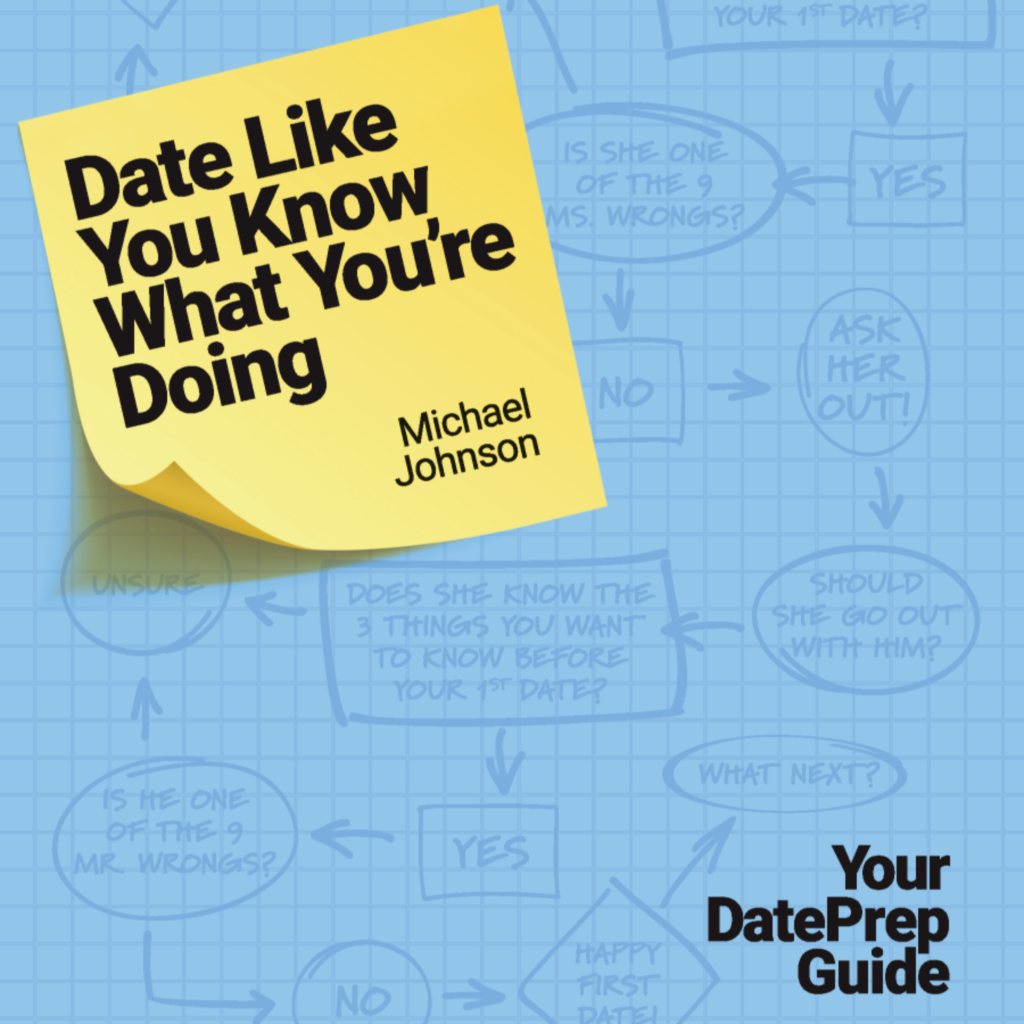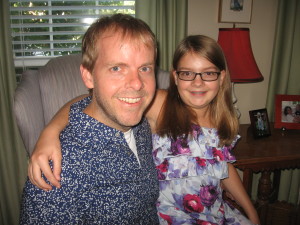Is love at first sight really a thing? A thing you can hang your hat on? Or a dating relationship? Or your marriage hopes?
In the LoveEd video below, we give you three Date Hacks to empower you to date without drowning in doubt.
If you really want to understand what’s going on with the “love at first sight” phenomenon you want to grasp the psychology behind first impressions in general. Because what romantics call love at first sight is closely correlated to what psychologists call the halo effect. We explain it in our latest book, Date Like You Know What You’re Doing: Your DatePrep Guide, but you can read the excerpt pulled directly from the book right here:
Beware of First Impressions
 The way we go about romantic relationships makes it easy for a deceiver to get away with murder. Or at least romanticide.
The way we go about romantic relationships makes it easy for a deceiver to get away with murder. Or at least romanticide.
The problem begins with basic human nature because our unconscious tendency whenever we first meet someone is to use what little we learn about them to fill in the blanks of what we don’t know.
Add “attraction” to the mix, and your mind can be made up before you know it, filling in a ton of blanks in an overly positive way. (Romantics call it “love at first sight.”)
However, the real problem comes from basing the level of trust we place in someone on the personality profile we’ve created in our minds, instead of basing our level of trust on the actual information we possess.
For instance, after meeting someone at a party, you might know the following (concrete facts in bold):
- They are attractive.
- Where they went to school
- Where they work
- They are really attractive.
- Where they grew up
- How many siblings they grew up with
- Their eyes are like pools of love and their smile lights up your life.
- They speak English. And their voice is like that of an angel.
- They know karate. And may be a superhero in disguise.
- You would like to see them in their superhero karate outfit.
Q: How much trust should you be willing to place in a person you know this well?
A: As much as you would any other acquaintance of whom you know fairly little.
However, the summary profile you might construct from your 30 minutes of conversation with this new person reads like this: They are one of the kindest, funniest, smartest, most interesting, most capable people you have ever met in your life. And they might even be the one you’re supposed to marry.
Q: How much trust are you willing to place in a person you describe like this?
A: Enough to give them your heart. And maybe your body.
Yet any of the following information could also be true about the same person:
- They are obsessed with their appearance.
- They barely graduated from school.
- They have never been happy anywhere they’ve worked.
- Their parents divorced after an affair, and they have never forgiven them.
- One of their siblings is an alcoholic.
- They smile a lot because they believe you have to “fake it to make it.”
- They like to talk a lot and do not listen very well.
- Their interest in karate was inspired by a childhood bully whom they always wanted to wax off.
- They are more likely to be a supervillain than a superhero.
If you had learned all of the above in your first meeting, you might have walked away with an entirely different first impression. But you didn’t, so you didn’t.
Yet you’re already considering what you would name your children.
How to Keep from Being Fooled In Love
If you don’t want to be fooled by a deceiver, then you need to take your time, and proceed with a certain level of caution in every dating relationship, being attuned to these qualities in the person you’re interested in:
- Reliability—Do they consistently meet reasonable expectations?
- Honesty—Do they tell the truth, completely, even when it’s uncomfortable or disadvantages them?
- Clarity—Are misunderstandings so common that you can’t be certain if they keep lying to you or you keep misinterpreting them?
- Commitment—Are they committed to the right people and the right things, even when those commitments cost them more than they anticipated?
- Integrity—Are they the same person in different situations and different relationships, or do they seem more “chameleon-like,” adjusting their behavior to their current environment?
A clear violation of any of the above should suffice as a blazing red flag.
Bottom line, how much you trust someone should be directly tied to how well you actually know them. So keep your eyes and ears wide open on every date. You know, like you were driving a car and could get hurt if you weren’t paying attention.
[The above post is an excerpt right from Date Like You Know What You’re Doing: Your DatePrep Guide. I wrote it to empower YOU to grow spiritually and date wisely so you can marry well. Check out the book and video curriculum here. Or watch this video and THEN click the previous link.]





